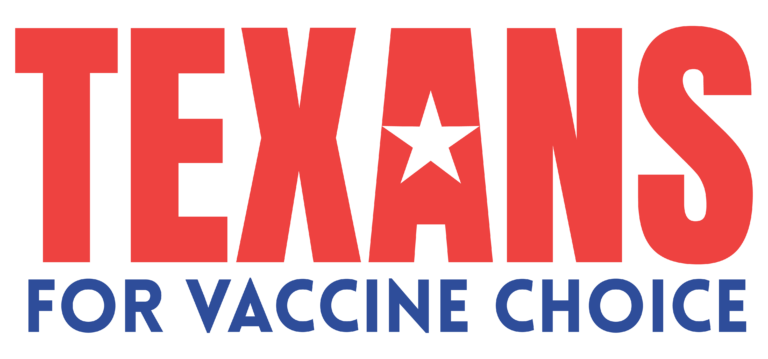
You may have seen cheerful ads like these circulating on the internet recently:
Pfizer seeking babies as young as six weeks old as participants in a clinical trial for a new vaccine. The ads state that these trials will use no placebo – the babies will receive either the test vaccine or an already licensed vaccine.

Does it seem unbelievable that vaccine safety trials would not use true placebos? Unfortunately, the lack of placebos in this Pfizer trial is nothing new. It’s the harsh truth of vaccine safety in the U.S.
Vaccines are classified, approved and regulated not as pharmaceutical drugs, but as biologics.
Understanding this different classification is crucial to assessing your risk as a potential vaccine recipient or vaccine clinical trial participant. Pharmaceutical drugs have strict standards regulating factors such as the minimum number of trial participants that are followed for a minimum amount of time and tested against an inert placebo like saline.
But because vaccines are classified as biologics, these requirements do not exist in vaccine clinical trials. Multiple vaccines on the current CDC childhood vaccine schedule had trials with less than 200 participants who were followed for as few as 5 days and were given either another vaccine or an injection of another vaccine minus only the antigen as the ‘active control.’
A placebo by definition is a substance incapable of causing a reaction. All vaccines are capable of causing adverse reactions. By using other vaccines as the active control, you have removed the ability to study the actual safety profile of a new vaccine as both the trial vaccine and the control product are both capable of causing harm.
Also concerning is that the vaccine manufacturers are also allowed to specifically select which adverse events that occur during the trials. In other words, they create ‘solicited adverse events,’ which is a list of adverse reactions they expect to see in the trial participants. This list of ‘solicited adverse events’ usually contains mild symptoms such as headache, malaise, injection site soreness, mild fever or chills. Any other adverse reaction that takes place in trial participants is an ‘unsolicited event,’ and it is a single pharmaceutical company employee who decides if the ‘unsolicited event’ is caused by the trial vaccine or not.
Texans for Vaccine Choice will continue to shed light on possible pitfalls in vaccine licensure so that you can have full informed consent before consenting to any vaccine or participating in a vaccine trial.
